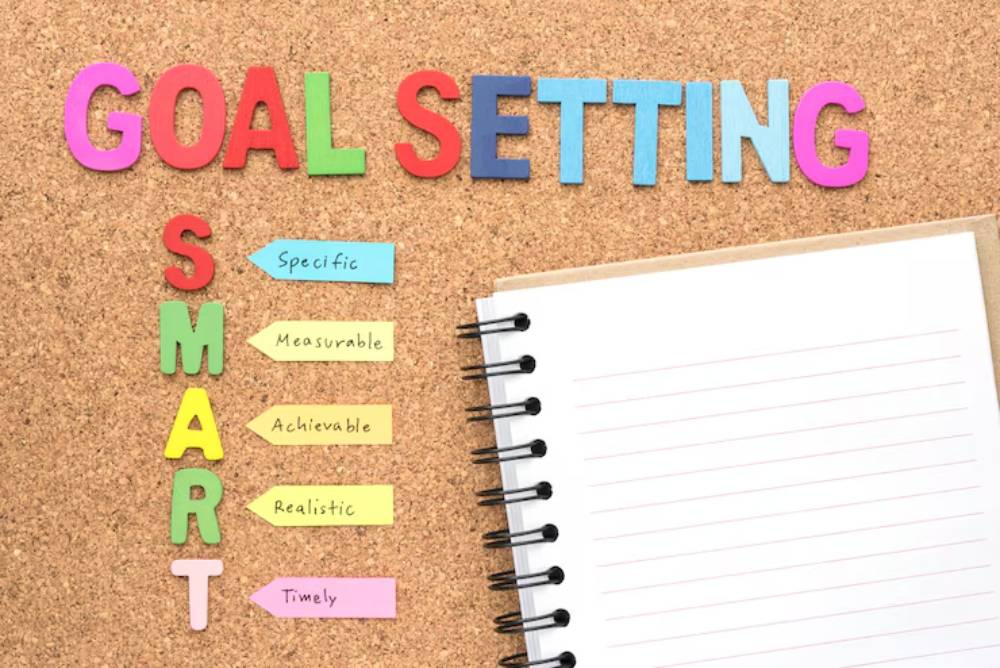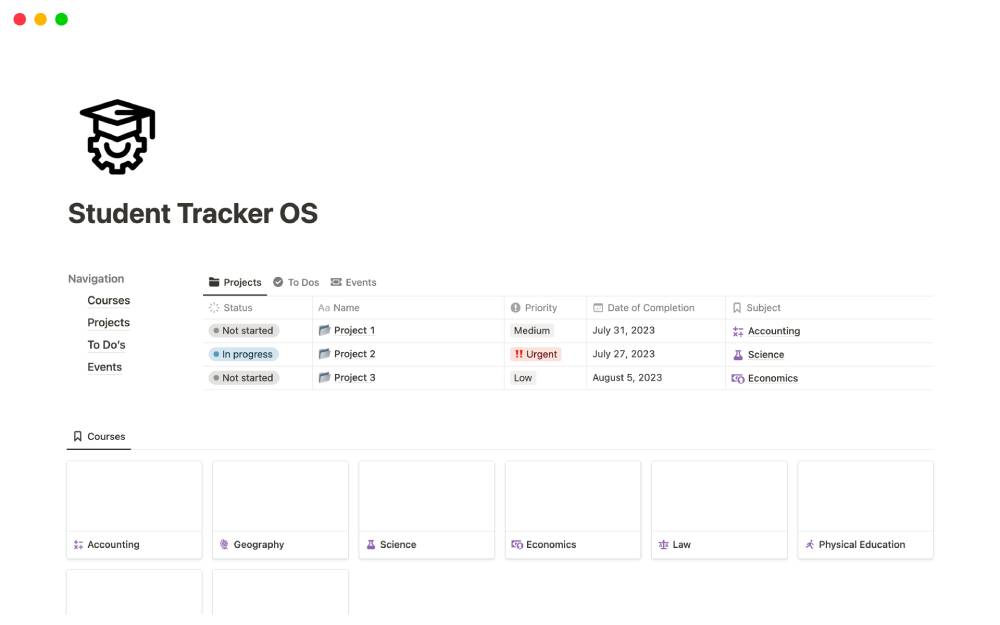
Tracking Progress to Stay Consistent: A Guide to Academic Success
Have you ever found yourself studying endlessly yet feeling like you’re getting nowhere? You’re not alone. Many students pour hours into revision without seeing tangible results, leading to burnout and frustration. But there’s a game-changing habit that can transform your learning experience: tracking your study progress.
In this post, we’ll explore how using a study progress tracker, setting clear learning milestones, and consistently tracking academic progress can help you stay motivated, measure real growth, and ultimately boost your performance.
Why Tracking Your Progress Matters
It’s easy to get caught in the cycle of study, forget, repeat. Tracking gives your efforts structure and a purpose. Rather than mindlessly revising, you create a feedback loop where your actions produce measurable outcomes.
Benefits of tracking your study progress:
- Clarity: Know exactly where you stand in your study journey.
- Motivation: Small wins along the way keep you energised.
- Consistency: You’re more likely to show up daily when you can see progress.
- Accountability: It becomes easier to stay committed when you’ve got something to measure.
Think of it like training for a marathon. You wouldn’t just run without keeping track of your distance, time, and pace. Learning works the same way.
How to Set Study Goals That Actually Work
Before you can track anything, you need something to aim for. That’s where learning milestones come in.
1. Break Your Goals into Milestones
Large goals like “get an A in biology” can feel overwhelming. Instead, break them into smaller, actionable chunks.
For example:
- Complete chapters 1–5 in two weeks
- Master 30 key terms per week
- Score 80%+ in a weekly practice test
2. Make Goals SMART

Use the SMART framework:
- Specific: Know exactly what you’re working toward
- Measurable: You can track your progress with data
- Achievable: Challenging but realistic
- Relevant: Aligned with your broader academic goals
- Time-bound: Set a clear deadline
When goals are vague, motivation drops. But when they’re clear and achievable, they become roadmaps.
Tools and Methods for Tracking Your Progress
Tracking doesn’t have to be complex or time-consuming. Here are some tried-and-true methods:
1. Digital Study Trackers

Use apps like:
- Notion: Create a custom study dashboard
- Trello: Set up boards for each subject with to-dos and checklists
- Google Sheets: Track hours, topics, and progress visually
These allow you to:
- Colour-code completed milestones
- Add deadlines and reminders
- Spot patterns in your habits
2. Physical Planners and Journals

Prefer pen and paper? Grab a study planner or bullet journal. Create:
- Daily checklists
- Weekly review spreads
- Habit trackers for study sessions
There’s something powerful about manually ticking off tasks – it creates a sense of accomplishment.
3. Study Logs
After each session, jot down:
- What you studied
- How you felt (focused, distracted, energised, tired)
- What you need to revisit
This reflection builds self-awareness and helps fine-tune your approach.
Staying Motivated Through Visible Progress
Tracking turns your invisible effort into visible momentum. You begin to see how your hard work is paying off, and that feeling is addictive.
Celebrate Small Wins
Don’t wait until finals to feel proud. Celebrate each chapter completed, each quiz passed, and each week of consistency. Small wins fuel long-term motivation.
Try this:
- Add a gold star to your tracker for every goal hit
- Share milestones with a friend or study group
- Reward yourself with something you enjoy
Use Visual Motivation
- Create a wall calendar with sticker markers
- Print out a progress bar you can fill in
- Track streaks (e.g., 10 days in a row of studying!)
Your brain loves progress. Give it proof.
Adjusting Course When Things Go Off Track
Let’s be real: life gets in the way. But tracking helps you pivot, not panic.
Identify Bottlenecks
If you notice your tracker has blank spots or repeating tasks, reflect:
- Are the goals too big?
- Do you need to change your study environment?
- Is burnout creeping in?
Use your data to troubleshoot.
Re-evaluate and Reset
Tracking isn’t just about perfection – it’s about progress. Adjust your goals and methods as needed.
Pro tip: Build in a “review day” each week to look back, assess, and plan ahead.
Real-World Example: From Procrastination to Progress
Sam, a university student, struggled with motivation. He often crammed the night before exams and felt constantly behind. Then he started using a simple Google Sheets tracker to log daily study tasks. Each time he completed a task, he coloured the cell green. Over time, he saw a sea of green forming.
That visual progress gave him a boost. Studying became less of a chore and more of a challenge to keep the streak going. By the end of the semester, he had not only improved his grades but also developed a solid routine.
Tracking wasn’t the magic solution – it was the system that made everything else click.
Remember:
- Break goals into milestones
- Use tools that suit your style
- Reflect regularly and adjust when needed
Small Steps. Big Wins.
Consistency beats intensity when it comes to academic success. By tracking your study progress, you hold yourself accountable, celebrate wins, and build habits that last.
You don’t have to be perfect to make progress. You just have to keep showing up – and a tracker can help you do just that.
Ready to give it a go? Start small. Pick one subject, create a simple tracker, and check in daily. You might be surprised at how far it takes you.
Got a favourite way to track your study progress? Share it in the comments below – your tip might just inspire someone else!


